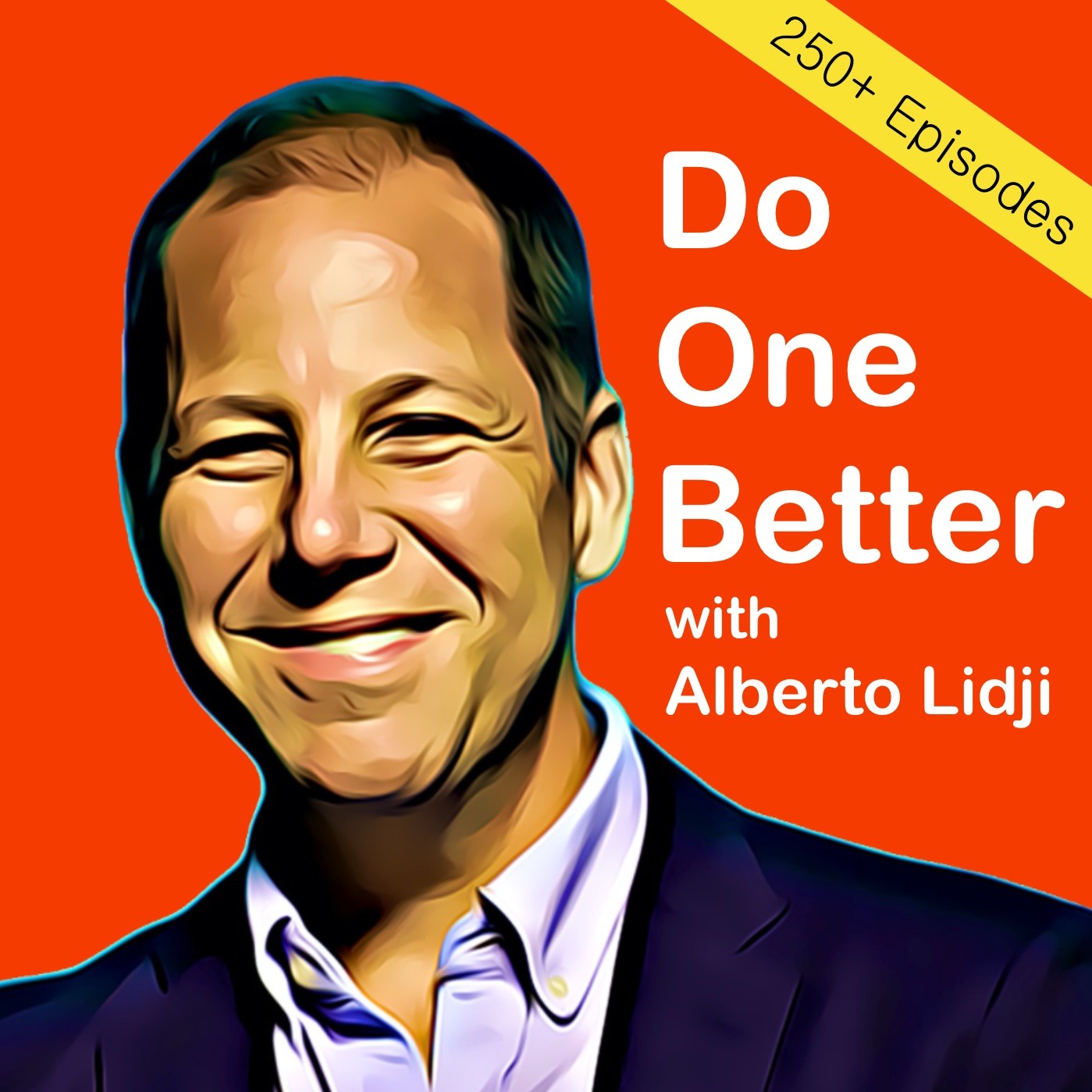Let’s transform food systems! COP26 Special. President of WWF Int’l & CEO of GIST, Pavan Sukhdev, and Executive Director of the Global Alliance for the Future of Food, Ruth Richardson, call for action
COP26 starts this Sunday and the world’s attention is focused on climate. Food systems are an integral component and we need to recognise their hidden costs and positive benefits.
Traditional accounting often fails to account properly for negative externalities, such as habitat destruction, soil erosion and water contamination, or positives such as carbon sequestration, insect pollination and resilience to natural disasters.
True-value accounting and true-cost accounting paint a much more holistic, comprehensive view which, in turn, helps inform food pricing, policy documents and balance sheets. If we are serious about sustainability, we need to account for the whole picture.
Pavan and Ruth provide insight, call for action and shed light on the invaluable work of WWF (World Wide Fund for Nature), GIST Impact and the Global Alliance for the Future of Food. The evidence is robust and the arguments are clearly laid out in this podcast episode.
Ruth delves into their recently-published “True Value” report, which was launched just days ago by the Global Alliance for the Future of Food and identifies ‘beacons of hope’ to understand the breadth and depth of food systems’ positive impact.
We also learn from Pavan and Ruth of a 6-year old project in Andhra Pradesh, India, focused on natural farming, where more than 700,000 farmers (mainly women), have committed to a natural farming model, which has led to higher yields, lower water usage, lower on-farm and off-farm disease and positively impacted climate, soil benefits and various other components.
As we approach COP26, Ruth notes that we need countries to step up and recognise the importance of food systems to the climate agenda, in order to make the connections between food, climate, nature, equality etc — there is currently a disconnect.
Pavan notes that many SDGs are influenced by food systems. It’s not just SDG2 and sustainable food but also SDG3 (health), and SDG1 (poverty), SDG5 (gender equity), SDG4 (education), SDG6 (water) and SDG13 (climate) etc.
If we don’t see the whole picture and properly account for the hidden negatives and positives, we are simply not going to get to the solutions that are so desperately needed.
Thank you for downloading this episode of The Do One Better Podcast. Please subscribe and leave a review and rating if you enjoy the show. Visit Lidji.org for information on nearly 150 other interviews with remarkable thought leaders in philanthropy, sustainability and social entrepreneurship.
 Sign in
Sign in Sign in
Sign in Sign in
Sign in

















































